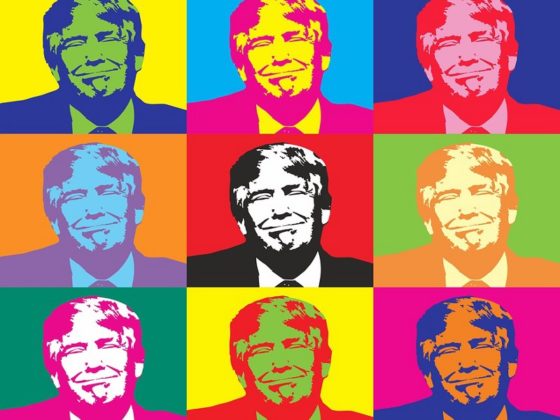Elicia Tedrow has been a content creator for over four years. Currently, she’s traveling around the world to places like Colombia, South America, and writing about technology, marketing, entrepreneurship, and life. The views and opinions expressed in this article are hers and do not necessarily reflect the official position of Matador Network.
Staring at the huge chunks of red states on the US map, I kept asking myself: “How is this possible? What am I missing? What do so many of my fellow Americans see that I don’t?”
